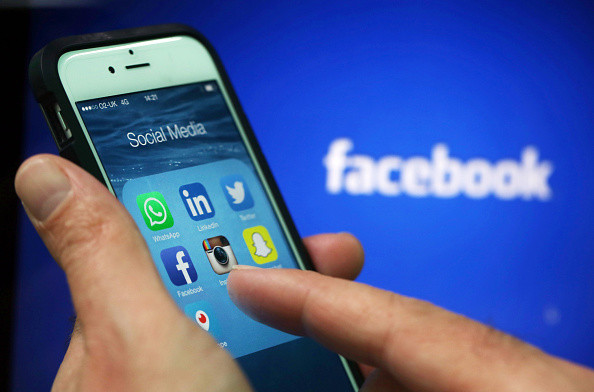US government enlists Facebook, Instagram and Twitter to help combat online radicals

The Obama administration has enlisted the aid of major technology, social media and entertainment firms to help combat online radicalisation from terror groups such as the Islamic State (Isis), also known as Daesh.
According to industry insiders, representatives from Facebook, Instagram, Twitter, Snapchat, Tumblr and Microsoft have met government officials in the Department of Justice (DoJ) to come up with plans to disrupt the online activities of violent groups.
"Over the past year, organisations and companies across a range of industries have asked how they might contribute to efforts to counter radicalisation and recruitment activities by [IS] and other violent extremists," said Marc Raimondi, the DoJ's national security spokesman, as reported by The New York Times.
"The US government recognises that these private sector actors, which include NGOs, social media companies and content producers, have a crucial role to play in developing creative and effective ways to undermine terrorist recruiting and counter the call to violence."
This new coalition, endorsed by the White House, is another step forward in the government working alongside outside players, and the private sector, to bolster national security. The move follows a heightened global tension after the terrorist atrocities that occurred in San Bernardino and Paris within the past six months.
In light of this, the federal government has admitted that it is not best placed to counter online recruitment efforts with messaging of its own creation, said director of the Department of Homeland Security (DHS) George Selim after the event, as reported by Reuters. While Seamus Hughes, deputy director of George Washington University's Program on Extremism, echoed the statement, saying the meeting was "a recognition that the government is ill-positioned and ill-equipped to counter Isis online".
Recently, high-level representatives from major tech firms Google, Facebook and Twitter denied to the UK Parliament their digital platforms are "instrumental" in spreading terrorist ideology across the internet and stressed a firm commitment to combating online crime.
"I reject that Daesh have been a success because of our platform. Absolutely, that's not the case," said Simon Milner, policy director at Facebook. "We have worked very hard to disrupt what they do. Keeping people safe is our number-one priority. [Daesh] is part of that but it's absolutely not the only extremist organisation that we care about. Facebook has become a hostile place for Daesh and that for us is good news. It doesn't mean they don't try [to upload content] so we want to share what we have learnt about how we have made Facebook a hostile place with other platforms."
Meanwhile, Dr Anthony House, head of public policy and strategy at Google, said his firm has been working for years to combat terrorism and said it has become "extremely effective" at removing extremist content from Google and its video platform YouTube.
"It's a constant cat-and-mouse game, as it is with any form of abuse of our services," he said. "We can't solve all of the world's problems but if we can make our platforms a hostile place for extremism. This is of fundamental importance, we don't want our platform to be an unsafe place and our ongoing success is critical."
One topic not mentioned during the meeting was the ongoing case between the US government and Silicon Valley which is currently involved in a war of words over strong encryption used in the Apple iPhone.
© Copyright IBTimes 2025. All rights reserved.






















